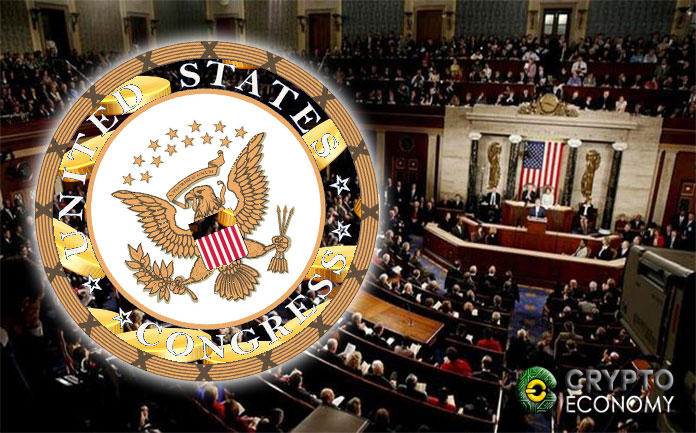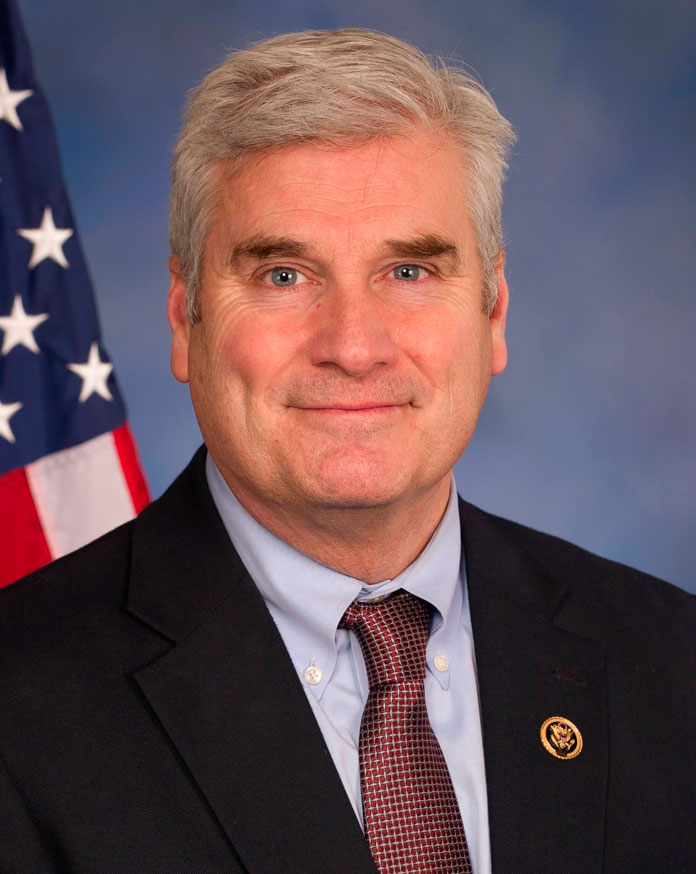United States Congressman Tom Emmer, who just recently got named to co-chair the Congressional Blockchain Caucus, announced on Friday that he will be introducing three pro-blockchain bills to Congress with the aim of aim of supporting cryptocurrency and blockchain technology adoption in the U.S.
The three bills are titled “Resolution Supporting Digital Currencies and Blockchain Technology,” “Blockchain Regulatory Certainty Act” and “Safe Harbor for Taxpayers with Forked Assets Act.” Specifically, these bills support the development of the blockchain industry and providing clarity especially for reporting tax obligations from gains that accrue through forked digital assets.
“the United States should prioritize accelerating the development of blockchain technology and create an environment that enables the American private sector to lead on innovation and further growth, which is why I am introducing these bills.”
Adding to this he said:
“legislators should be embracing emerging technologies and providing a clear regulatory system that allows them to flourish in the United States.”
According to Emmer, the United States will have to create a positive environment to encourage innovation from the burgeoning industry if it hopes to remain the leader in the space. The bills are also meant to offer guidelines to the federal government on how to create a “simple legal environment,” as well as restricting the IRS from slapping hefty fines on digital currency owners and businesses who are yet to report on their gains from forked crypto assets at least until the IRS provides clear and formal guidance on the appropriate means of reporting. Emmer said that “taxpayers can only comply with the law when the law is clear.”
About the bills
The first bill titled “Resolution Supporting Digital Currencies and Blockchain Technology” focuses on the creation of an enabling environment for the positive development of the blockchain industry. This is a general bill that, in conjunction with the other two bills, will ensure that the government shows support for the new technology.
As far as Emmer and other cryptocurrency experts are concerned, the government cannot be able to stop this technology at its current stage, however, it can provide support and create an enabling environment to ensure faster adoption. Therefore this bill is proposed to provide the legislators and other government agencies with guidance on how to create a clear and concise legal framework that will be used within the country.
The second bill titled “Blockchain Regulatory Certainty Act” argues that certain entities that do not have control over customer funds such as cryptocurrency “miners” that validate network integrity and multi-sig (signature) providers that provide enhanced asset security to users should not be registered as money transmitters.
Finally, the third bill titled “Safe Harbor for Taxpayers with Forked Assets Act” seeks to offer guidance to tax agencies on how to tax cryptocurrency gains from forked digital assets. The bill also acts as a safeguard against the IRS penalizing digital asset owners for not reporting their gains until tax agencies come up with an appropriate legal framework on reporting these gains.











